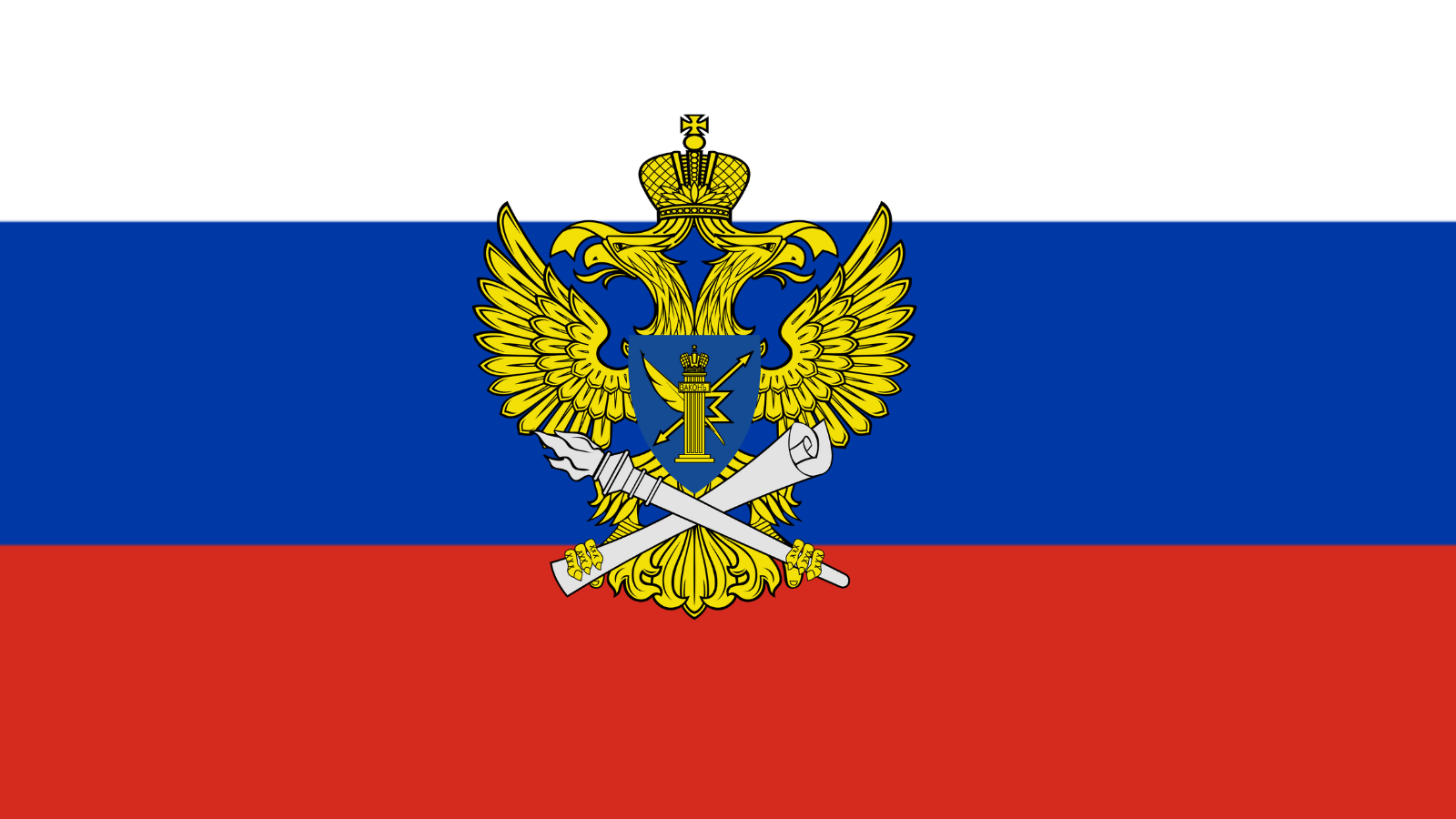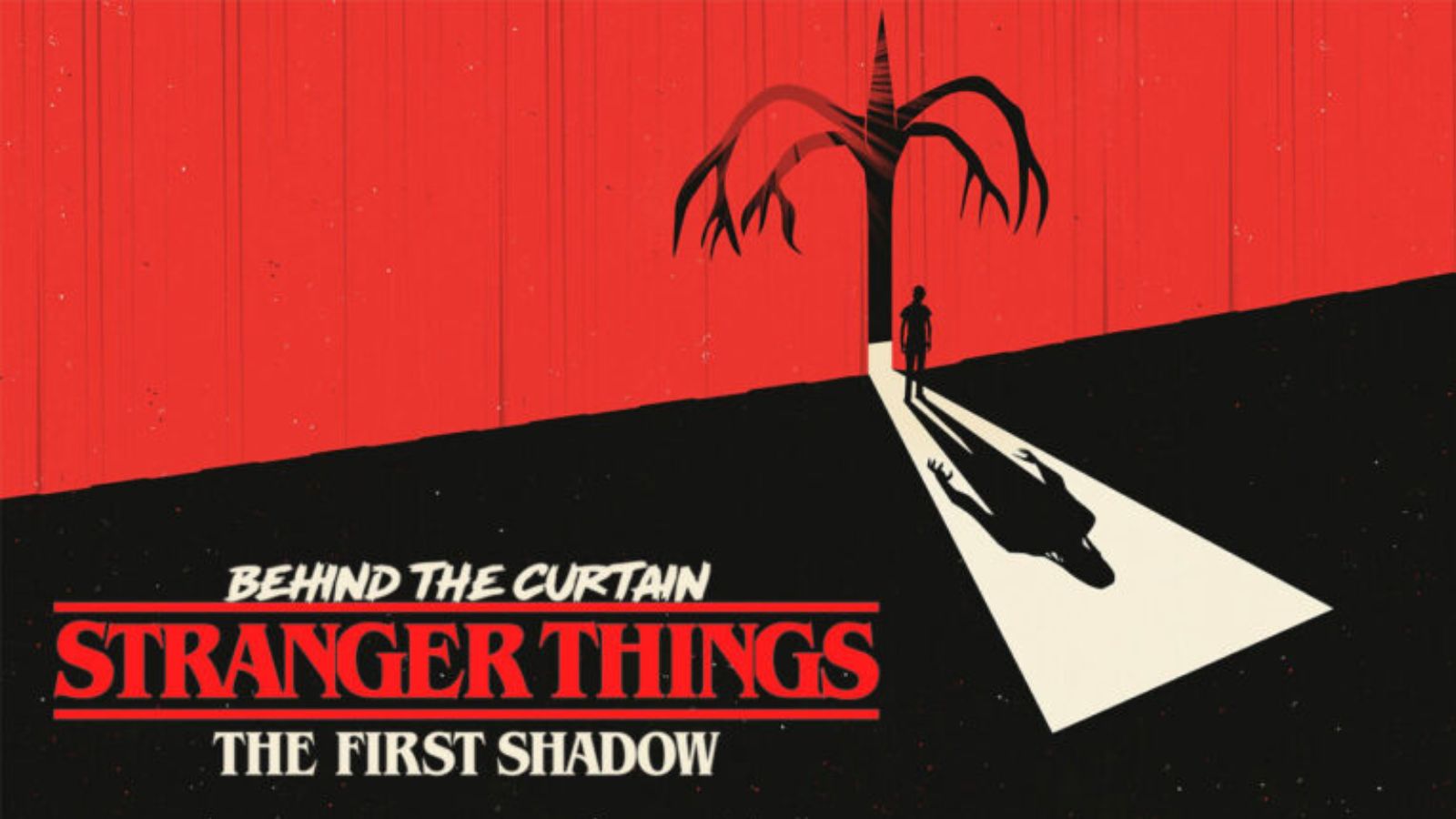
Russia is on the Verge of Entering an Age of Digital Isolation
- The sovereign internet law in Russia has passed and is already active in the country.
- The infrastructure to support its provisions is still missing, but the plans are in development.
- Experts agree that it will be very challenging to implement the law, the traffic blocks, and the reroutes.
Back in March, we reported about how the Russian lawmakers were pushing a new bill on the parliament that would allow the government to control everything that goes online. The plan for a “sovereign internet” presented a highly sophisticated internet censorship system involving special boxes running tracking software to be placed on all traffic exchange points in the country. Blocking and rerouting the traffic this way would get streamlined, targeted, and precise. As reported by the NPR, the new law has passed and is already in effect right now.
This gives the Russian government the power to directly censor any content that they deem inappropriate, without justifying their actions to the public. This creates a new isolated internet platform in the country, which introduces extreme risks for the freedom of speech and freedom of online information in Russia. Of course, the situation in the country hasn’t been much different without the law, but this development opens up the way for an unprecedented technical infrastructure that is entirely focused around blocking and filtering. At this time, this technical infrastructure is missing, although we recently saw that actual plans for the project (code-named “Hope”) were already underway.
President Putin stated in the past, and in support of a sovereign internet, that the United States is in control of what is going on in the web, pushing fake news and information that damages their nation’s security and unity. As he claimed, this is why Russia needs independence in the digital field, and why the government needs to do its best in securing the interests of its people and the country. This justification hasn’t convinced many people in general, with the local ISPs objecting to the proposal, free speech activists expressing their opposition, and the Human Rights Watch publishing official warnings.
If all goes as planned, the internet speeds in Russia will plummet due to the “deep-packet inspection” that will take place. The digital isolation, however, will not cause harm to the Russian internet only but instead will have a global effect, albeit a less noticeable one. Right now, experts believe that it will be practically next to impossible for Russia to carry out this ambitious traffic filtering plan, and trying hard to impose blocks will create a whole host of problems that the Russian government hasn’t anticipated.
Do you believe that the sovereign internet law will make a difference, or is the situation in Russia set to remain as it currently is? Let us know what you think in the comments section below, or on our socials, on Facebook and Twitter.









